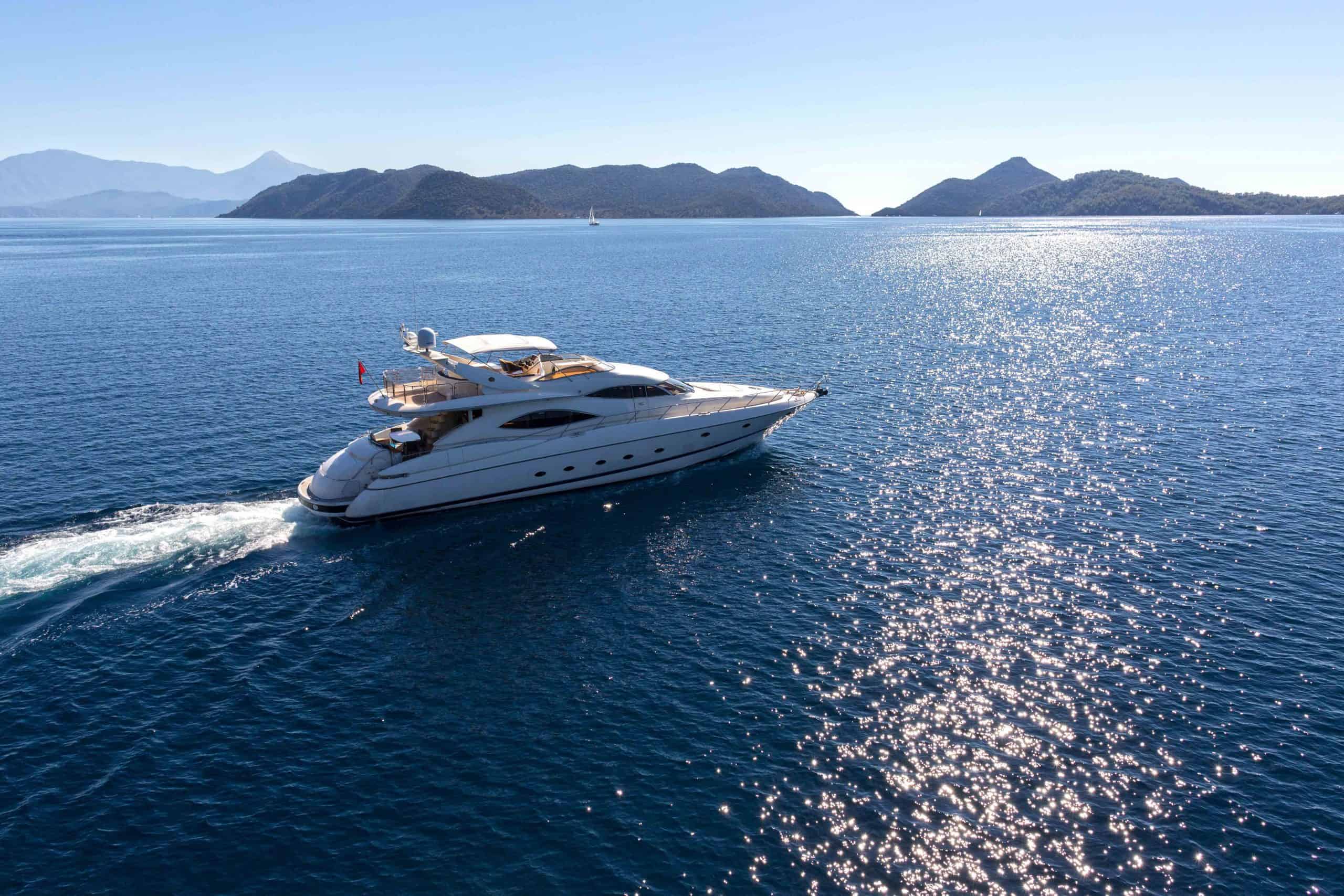Why should you consider weather insurance for yacht events?

Weather insurance provides financial protection against meteorological conditions that can force yacht event cancellations or postponements. Unlike standard marine insurance that covers vessel damage, weather insurance specifically addresses revenue loss from atmospheric conditions beyond anyone’s control. This specialised coverage becomes essential when hosting high-value events where guest safety, vendor commitments, and substantial deposits create financial exposure to weather-related disruptions. Many event planners organising luxury gatherings through yacht charter dubai discover that weather insurance protects their investment in ways that traditional event insurance cannot. The marine environment presents unique meteorological challenges that can transform perfect planning into costly cancellations within hours of scheduled events.
Financial exposure without coverage
Yacht events involve substantial upfront investments that become unrecoverable when weather forces cancellations. Catering deposits, entertainment contracts, floral arrangements, and specialised equipment rentals typically require full payment regardless of weather conditions. Guest transportation arrangements, including flights and accommodation bookings, create additional financial obligations that weather disruptions cannot eliminate. The cumulative cost of a cancelled yacht event often exceeds the original budget when considering penalty fees, vendor cancellation charges, and the expense of rescheduling. Premium venues and service providers rarely offer full refunds for weather-related cancellations, leaving event organisers liable for most contracted expenses even when no event occurs.
Event timing considerations
Seasonal weather patterns dramatically influence insurance requirements and premium costs for yacht events. Hurricane season in many regions creates elevated risks that insurance companies price accordingly, while winter months may present different challenges like unexpected temperature drops or increased precipitation probability. Historical weather data for specific dates helps insurers calculate risk exposure and appropriate premium levels. Multi-day events face compounded weather risks that single-day celebrations avoid, requiring more comprehensive coverage structures. The timing flexibility of an event also affects insurance needs – rigid schedules with no postponement options require different coverage than events with built-in weather windows. Some policies cover partial events when weather permits limited activities but prevent complete program execution.
Claims process complexities
Weather insurance claims require detailed documentation that proves conditions met policy trigger thresholds at specific times and locations. Meteorological data from official weather stations must correlate with policy specifications, creating verification challenges when local conditions differ from regional measurements. Insurance companies often require multiple data sources to validate claims, including marine weather services and harbour master reports. The claims process also involves proving that weather conditions directly caused the event cancellation rather than other factors like venue unavailability or vendor issues. Detailed records of decision-making processes, safety assessments, and communication with maritime authorities strengthen claims by demonstrating that weather was the primary cancellation factor. Professional weather monitoring services can provide certified reports that support insurance claims with official documentation.
Premium calculation variables
Insurance premiums reflect historical weather data for specific geographic areas, seasonal patterns, and event duration. Coastal locations with volatile weather patterns command higher premiums than areas with stable meteorological conditions. The policy trigger thresholds directly influence premium costs – lower thresholds that activate coverage more easily result in higher premiums, while higher thresholds reduce premium costs but provide less protection. Event value also affects premium calculations, as higher-cost events require larger potential payouts from insurance companies. Some insurers offer tiered coverage options that protect different expense categories at varying levels, allowing event organisers to customise protection based on their specific financial exposure and risk tolerance.









